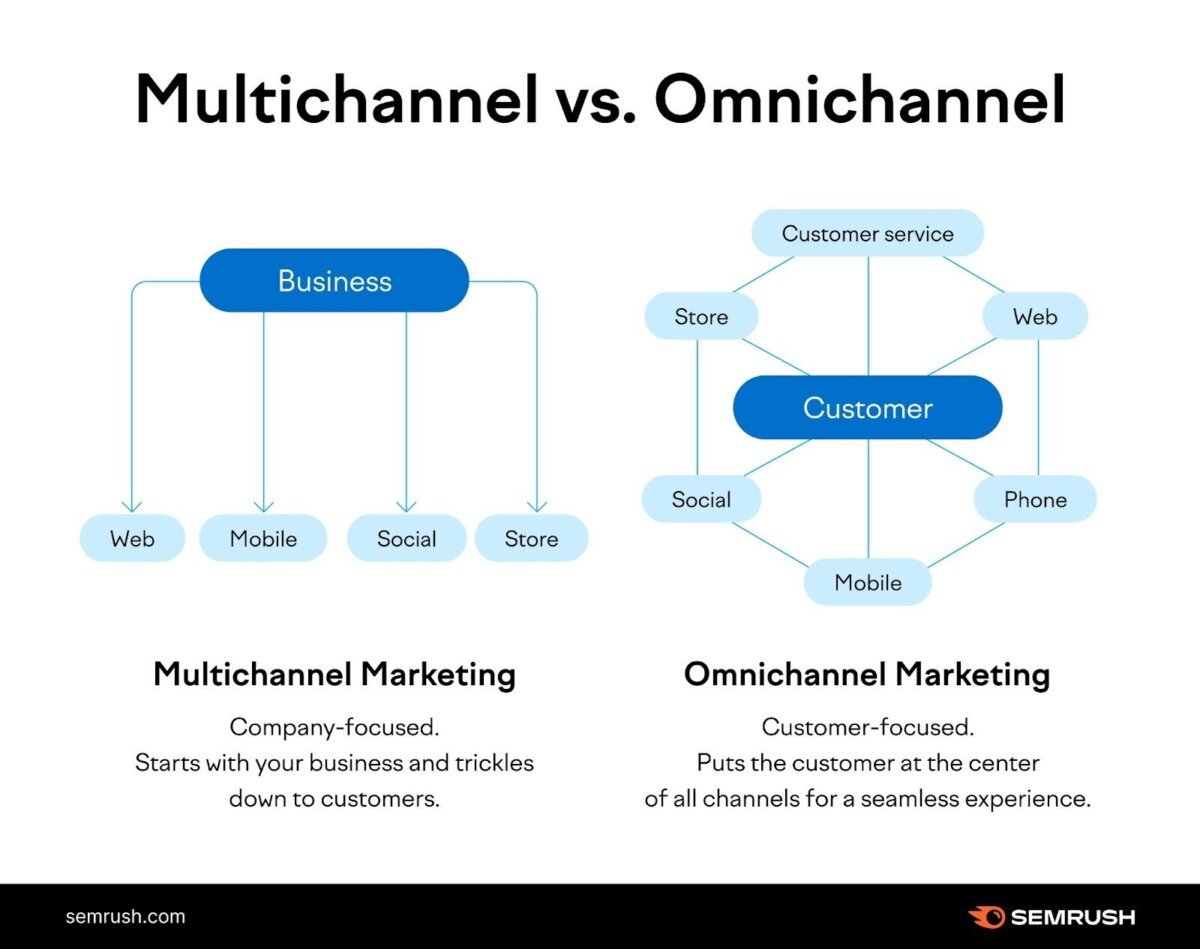Alright, so, Omnichannel CRM: Integrating Email, Social & Voice is the real deal, right? It’s all about connecting with your customers wherever they are, like, everywhere. Think of it as leveling up your customer service game from a bunch of separate things to a unified, smooth experience. We’re talking email, social media, voice – all working together like a well-oiled machine. Forget the old days of clunky systems; this is about understanding your customers and giving them what they need, when they need it, in a way that feels totally natural.
Omnichannel CRM, weaving together email, social media, and voice interactions, offers a delightful symphony of customer engagement. But what’s the point of all this digital artistry if we don’t measure its impact? Thankfully, you can use your CRM, such as by understanding Using CRM to Track Lifetime Value & Retention Metrics , to optimize customer journeys. Ultimately, a well-implemented omnichannel strategy ensures customer satisfaction, and ultimately, the growth of your business.
This ain’t your grandma’s CRM. We’re gonna dive deep, from email campaigns that actually convert to social listening strategies that help you become besties with your audience. We’ll explore how to use data to personalize everything, so your customers feel seen and heard. Plus, we’ll peek into the future, with AI and machine learning shaking things up. So, prepare to level up your customer game, and gaskeun! (Let’s go!)
Omnichannel CRM: Integrating Email, Social & Voice is quite the juggling act, wouldn’t you agree? It’s about mastering every customer touchpoint. However, the true test lies in customer service. By focusing on Using CRM for Customer Service Excellence & Reduced Response Time , businesses can streamline interactions and ultimately, refine their Omnichannel CRM strategy for maximum impact.
Introduction to Omnichannel CRM: Omnichannel CRM: Integrating Email, Social & Voice
Omnichannel CRM is revolutionizing how businesses interact with their customers. It’s about providing a seamless, integrated experience across all touchpoints, from email and social media to voice and in-person interactions. This approach prioritizes the customer journey, ensuring consistent messaging and personalized service regardless of how a customer chooses to engage with a brand. Unlike traditional CRM, omnichannel focuses on the customer’s preferred channels, creating a unified view of their interactions and preferences.
Explain the core concept of Omnichannel CRM and its advantages for businesses.

Source: semrush.com
Omnichannel CRM centers on delivering a unified customer experience across all channels. This means customers can start a conversation on one channel (e.g., email) and seamlessly continue it on another (e.g., phone) without repeating information. Advantages include:
- Enhanced Customer Experience: Consistent and personalized interactions build loyalty.
- Increased Customer Retention: Seamless experiences reduce frustration and improve satisfaction.
- Improved Sales & Conversion Rates: Targeted messaging and personalized offers drive sales.
- Greater Efficiency: Streamlined processes and data sharing reduce operational costs.
- Data-Driven Insights: Unified data provides a 360-degree view of the customer.
Provide a brief history of CRM evolution, highlighting the shift towards omnichannel strategies.
CRM has evolved significantly over time. Early CRM systems focused on basic contact management. The evolution includes:
- Early CRM (1980s-1990s): Contact management, sales automation, and basic reporting.
- Analytical CRM (Early 2000s): Data warehousing, customer segmentation, and basic personalization.
- Multichannel CRM (Mid-2000s): Integration of multiple channels (email, phone, web) but often siloed.
- Omnichannel CRM (Present): Seamless integration across all channels, unified customer view, and personalized experiences.
Detail the main differences between omnichannel and multichannel CRM approaches., Omnichannel CRM: Integrating Email, Social & Voice
The key difference lies in integration and customer focus:
- Multichannel CRM: Focuses on using multiple channels, but they often operate independently. Customer data is fragmented, and the experience can be disjointed.
- Omnichannel CRM: Integrates all channels, providing a unified customer view. Interactions are seamless, personalized, and consistent across all touchpoints. The customer journey is prioritized.